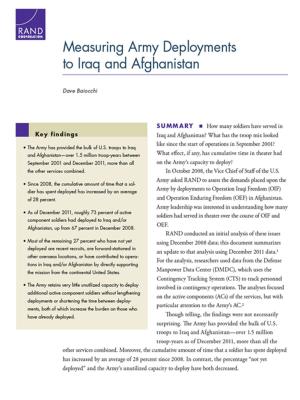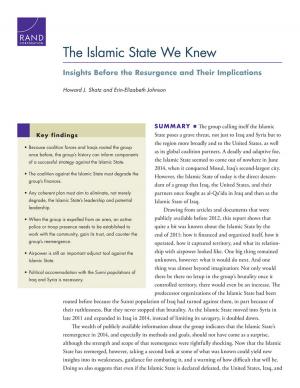Conducting Research Surveys via E-mail and the Web
Nonfiction, Science & Nature, Science, Other Sciences, Methodology| Author: | Matthias Schonlau, Ronald D., Jr. Fricker, Marc N. Elliott | ISBN: | 9780833032263 |
| Publisher: | RAND Corporation | Publication: | February 15, 2002 |
| Imprint: | RAND Corporation | Language: | English |
| Author: | Matthias Schonlau, Ronald D., Jr. Fricker, Marc N. Elliott |
| ISBN: | 9780833032263 |
| Publisher: | RAND Corporation |
| Publication: | February 15, 2002 |
| Imprint: | RAND Corporation |
| Language: | English |
Internet-based surveys, although still in their infancy, are becomingincreasingly popular because they are believed to be faster, better,cheaper, and easier to conduct than surveys using more-traditional telephoneor mail methods. Based on evidence in the literature and real-life casestudies, this book examines the validity of those claims. The authorsdiscuss the advantages and disadvantages of using e-mail and the Web toconduct research surveys, and also offer practical suggestions for designing and implementing Internet surveys most effectively.Among other findings, the authors determined that Internet surveys may bepreferable to mail or telephone surveys when a list of e-mail addresses forthe target population is available, thus eliminating the need for mail orphone invitations to potential respondents. Internet surveys also arewell-suited for larger survey efforts and for some target populations thatare difficult to reach by traditional survey methods. Web surveys areconducted more quickly than mail or phone surveys when respondents arecontacted initially by e-mail, as is often the case when a representativepanel of respondents has been assembled in advance. And, although surveysincur virtually no coding or data-entry costs because the data are capturedelectronically, the labor costs for design and programming can be high.
Internet-based surveys, although still in their infancy, are becomingincreasingly popular because they are believed to be faster, better,cheaper, and easier to conduct than surveys using more-traditional telephoneor mail methods. Based on evidence in the literature and real-life casestudies, this book examines the validity of those claims. The authorsdiscuss the advantages and disadvantages of using e-mail and the Web toconduct research surveys, and also offer practical suggestions for designing and implementing Internet surveys most effectively.Among other findings, the authors determined that Internet surveys may bepreferable to mail or telephone surveys when a list of e-mail addresses forthe target population is available, thus eliminating the need for mail orphone invitations to potential respondents. Internet surveys also arewell-suited for larger survey efforts and for some target populations thatare difficult to reach by traditional survey methods. Web surveys areconducted more quickly than mail or phone surveys when respondents arecontacted initially by e-mail, as is often the case when a representativepanel of respondents has been assembled in advance. And, although surveysincur virtually no coding or data-entry costs because the data are capturedelectronically, the labor costs for design and programming can be high.















